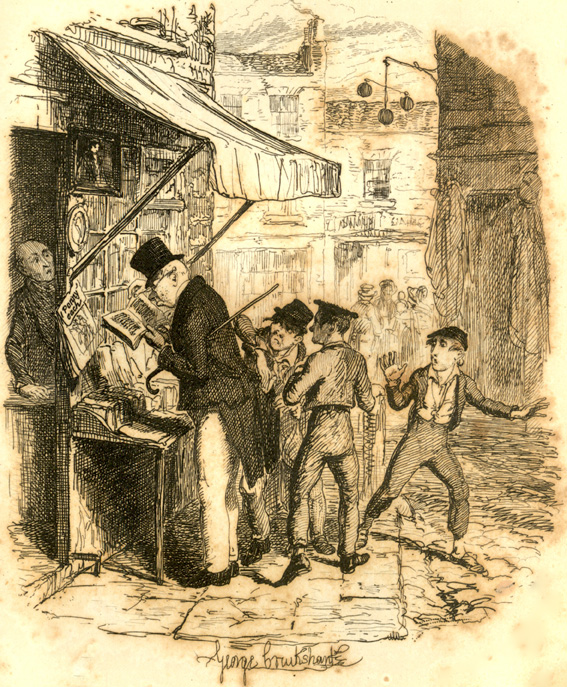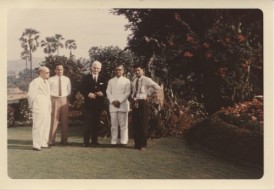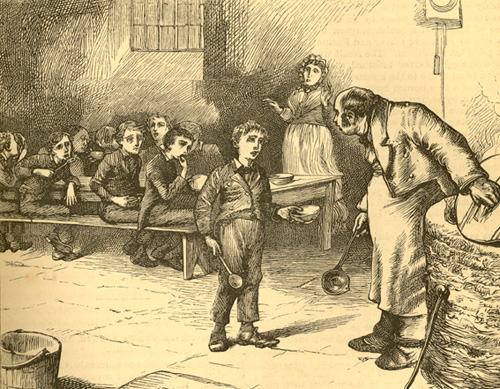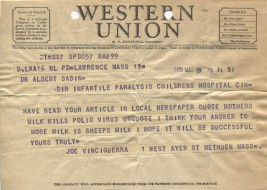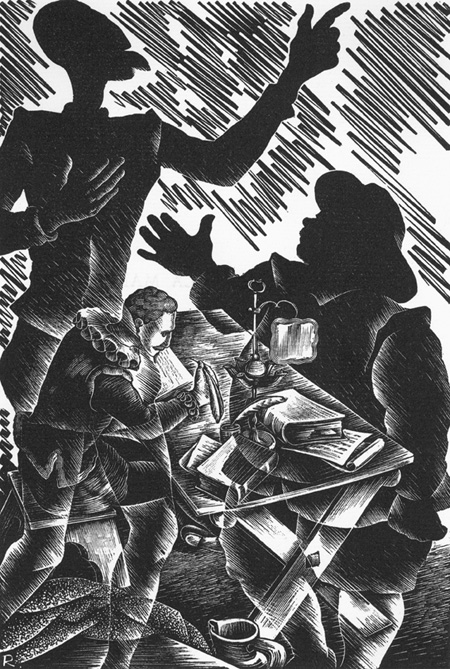By Kevin Grace
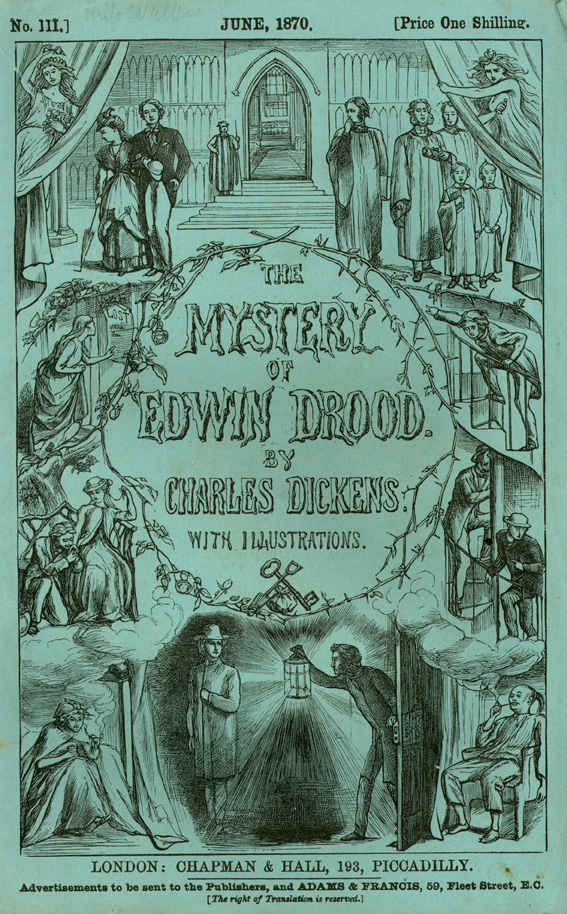 Part of Charles Dickens’ immense success as an author in the 19th century was due in no small measure to the changes in book production and readership brought on by the Industrial Revolution. Steam printing increased book production. Cheap availability of books, along with the development of libraries and public schooling, led to increased readership. Coming into his own in writing his novels, Dickens took advantage of a growing demand on the part of readers for fiction. And, as the consummate marketer of his works, Dickens had his finger on the pulse of all of this.
Part of Charles Dickens’ immense success as an author in the 19th century was due in no small measure to the changes in book production and readership brought on by the Industrial Revolution. Steam printing increased book production. Cheap availability of books, along with the development of libraries and public schooling, led to increased readership. Coming into his own in writing his novels, Dickens took advantage of a growing demand on the part of readers for fiction. And, as the consummate marketer of his works, Dickens had his finger on the pulse of all of this.
By 1836, he had compiled his writings that formed Sketches by Boz into a single volume, realizing that he could build his popularity and create a market for his fiction by publishing serial chapters. The next year, 1837, Dickens became the editor for Bentley’s Miscellany and began issuing chapters of Oliver Twist. Acutely aware of his reputation and the acclaim given him by the reading public, Dickens made at least four separate arrangements with publishers to serialize his work. Continue reading

